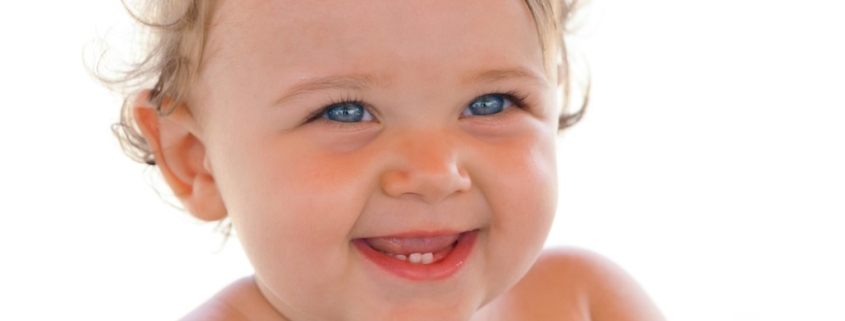What to do if the permanent tooth does not grow in time?
Every adult human has 32 permanent teeth, of which 28 teeth grow from the age of 6 to 9 years, and 4 wisdom teeth in adulthood (between 17 and 23 years old) complete the number of teeth. Milk teeth, which are in the mouth from infancy to childhood, gradually become loose and fall out to give way to permanent teeth. The role of parents in maintaining the health and beauty of children’s teeth is particularly important, because the child himself is not able to brush his teeth properly and will not notice specific oral and dental problems.
The natural process of falling milk teeth starts at the age of 6 and continues until the age of 8 or 9. Many parents are worried about what to do if the permanent tooth does not grow in time. To answer this question, we must consider many points. For example, are all children the same when it comes to baby teeth and permanent teeth? What factors will delay the growth of permanent teeth and…
If you are also worried about the condition of your child’s milk and permanent teeth, we suggest you read the next article and take appropriate measures to maintain the health of your child’s teeth.
When do baby teeth fall out?
We said that children lose their milk teeth between the ages of 6 and 9. Of course, it should be noted that in some cases this time will be different in children and it is not necessarily a sign of a specific problem. Usually, when the permanent tooth grows under the baby tooth, it loosens its root and causes the baby tooth to fall out, to take its place. In some children, it is observed that the permanent tooth has not appeared yet, but the milk tooth has fallen out, which is not the reason for the problem.
Pediatric Dentistry
If you notice that your child has not yet lost milk teeth compared to his sibling, you can visit the dentist. By performing examinations, the dentist will make sure of the presence of permanent teeth in the gums, and in the face, he will have a better diagnosis with a radiographic image. If it is determined that the permanent tooth has grown but has not come out from the gum, the baby tooth is pulled in the dental office and with special tools and methods, the conditions are created for the hidden permanent tooth to come out.
Therefore, if the child’s milk teeth remain in the mouth until the age of 9, you should see a dentist as soon as possible.
What are the reasons for delaying the growth of permanent teeth?
Sometimes the child’s milk teeth are loose and fall out, but the permanent tooth still does not grow. Unfortunately, in many cases, it is found that the permanent tooth is not even inside the gum, although this diagnosis can only be confirmed by a dentist. Many children do not have one or more permanent teeth and will never see them grow. Usually, this problem occurs in girls more than boys, however, there are several reasons for permanent teeth not growing or being delayed. Some of the reasons are:
Genetics
Some defective genes in people cause permanent teeth to grow very late, or never grow at all. Unfortunately, this factor is not under control, if one of the parents had such a problem in childhood, they will probably witness it in their children as well.
Nutrition
One of the most important factors that affect the health and beauty of teeth is nutrition. Based on statistics, it has been determined that children who live in low-income families face nutritional problems, and then face problems such as delayed tooth growth when permanent teeth erupt. It is even possible that the calcium sources in the child’s body are very small and for this reason one or more permanent teeth will never grow.
In addition to the economic conditions that directly affect the type of child’s nutrition, children who live in prosperous families but have bad eating habits are facing disorders in the field of permanent teeth growth. As you know, many children and minors are so-called bad eaters and do not like important food groups such as dairy products, this point will cause the lack of growth or delay in the growth of permanent teeth.
Stress
Children’s bodies are much more sensitive to the external environment than adults’ bodies. Therefore, if a child is involved in stressful issues such as economic problems, parental problems, etc., many negative effects will appear in his body, and one of these effects is the delay in the growth of permanent teeth.
Gender
Usually, female children go through developmental stages much faster than male children, for example, they speak earlier or learn to do some things independently earlier. This point also applies to the growth of permanent teeth, usually girls lose milk teeth and get permanent teeth a few months earlier than boys. So a little delay in boys is normal.
Secretory gland diseases
If your child has passed the age of 9 and one or more permanent teeth have not yet grown, you can consult an endocrinologist after consulting a dentist. Diseases such as disorders of the thyroid gland or pituitary gland affect the growth of permanent teeth.

